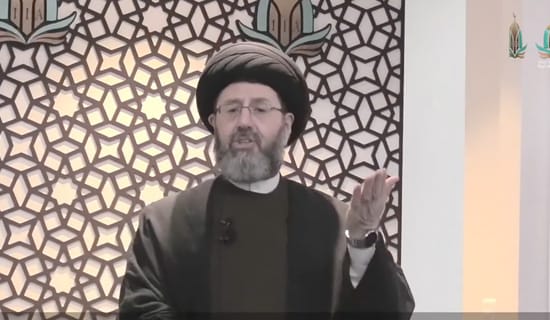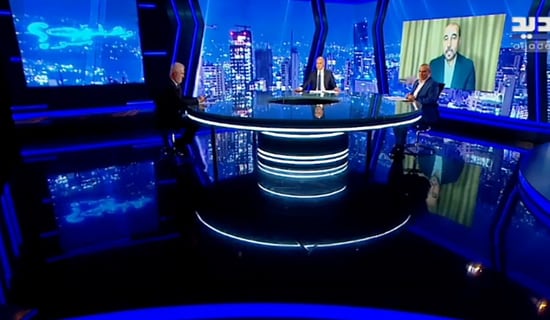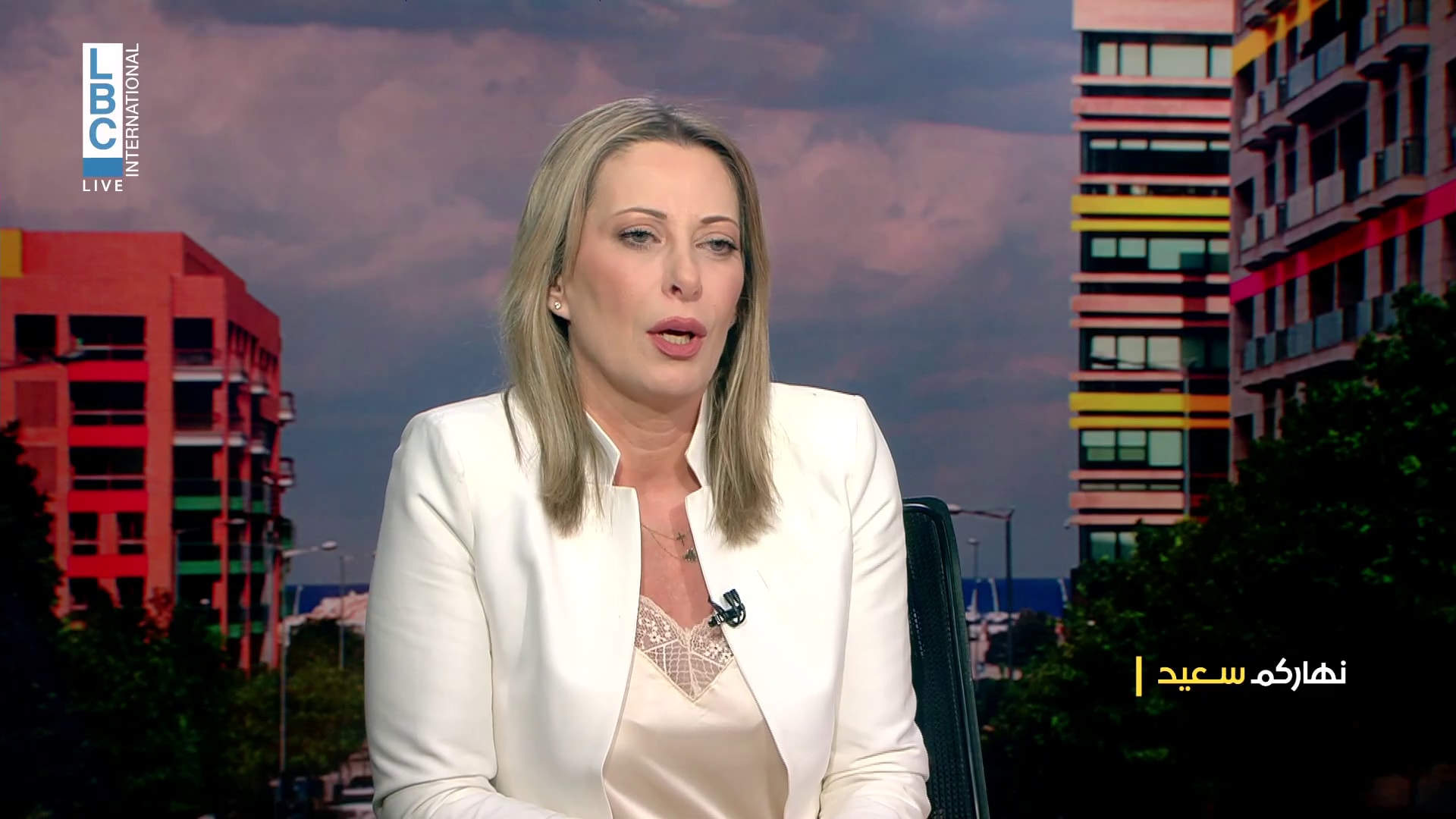
In a July 13 interview with the Dubai-based Saudi TV network Al-Arabiya TV, Saudi author Turki Al-Hamad said that "most of our sheikhs and preachers" are incapable of producing a moderate discourse because they draw upon the same ideological sources as ISIS. He further stated that Islam needs its own Luther and Calvin to reform it.
Following are excerpts:
Turki Al-Hamad: I don't want to make generalizations, but most of our sheiks and preachers – or those who call themselves preachers – are incapable of producing discourse that would counter the extremist discourse, because the extremist discourse draws upon the same texts and sources as most of our sheiks and preachers. Their interpretation may differ, but the source is one and the same.
Interviewer: Do you mean that the ideology of ISIS is similar to that of many...
Turki Al-Hamad: From the ideological perspective? I would have to say yes.
[...]
Turki Al-Hamad: A new and modern discourse that would make us at peace with ourselves and with others, a discourse that would reconcile us with modern life – these people are incapable of producing it.
Interviewer: What are the characteristics of such a discourse?
Turki Al-Hamad: You mean the new discourse? Let me give you an example. Ideology is a reflection of environment.
[...]
Turki Al-Hamad: When you isolate these people, with their ideology, from the environment, and place them in an ever-changing environment of technology, modern communications, and so on – they cannot adapt to it. Absolutely not. This is when the crisis begins. Our crisis stems from the inability to reconcile with others, with modern life, and first and foremost, with ourselves. Even though we lead a modern life, the foundations of our minds are traditional, belonging to another age. Therefore, some sort of schizophrenia is inevitable.
Interviewer: I have met many intellectuals and philosophers, who say that we live in the age of Ibn Taymiyyah. They place much of the blame on Ibn Taymiyyah and his thought. Do you agree?
Turki Al-Hamad: We must not turn Ibn Taymiyyah into a scapegoat on which to pin the blame for all our problems. We have become experts in finding such scapegoats: Ibn Taymiyyah is responsible for our theological problems, the US and the Zionist conspiracy are behind our global problem... There are many scapegoats. Ibn Taymiyyah produced texts that were in response to the circumstances of his times.
[...]
Turki Al-Hamad: The fault does not lie with Ibn Taymiyya. It lies with us. Why did we choose [to embrace] Ibn Taymiyya, and not, for example, Averroes and his thought? We are the ones who make these decisions. We extracted Ibn Taymiyyah from the dark depths of history, in order to achieve goals that were already in our minds. That's the problem.
Interviewer: Who do you mean "we"?
Turki Al-Hamad: We as a collective, whether within a certain country, or the Muslims or Arabs as a whole... It seems, however, that the problem is specific to the Arabs. There are Islamic countries and groups, which have reconciled themselves with their times. The Arab world, though, is going from bad to worse.
[...]
Turki Al-Hamad: We have intellectuals who are even more progressive than Muhammad Abduh. But if any of them speaks up, he is accused of heresy and is excommunicated. Thus, many intellectuals refrain from this for fear of isolation, and for fear of being accused of all those things. Now we must start all over again. It will take us an entire generation only to return to where we were before the [20th century] Islamic awakening. This is the problem of the Arab world. We are trapped in one big vicious circle. We feel as if we are progressing, but in fact, we move nowhere.
[...]
Turki Al-Hamad: One of the possible solutions is to engage in cultural criticism of the prevalent religious discourse. We are in need of a movement for religious reform, like there was in Europe. There is no doubt about it. I'm not saying that we need just a Martin Luther – we need a Luther, we need a Calvin, we need a movement of religious reform.
[...]













